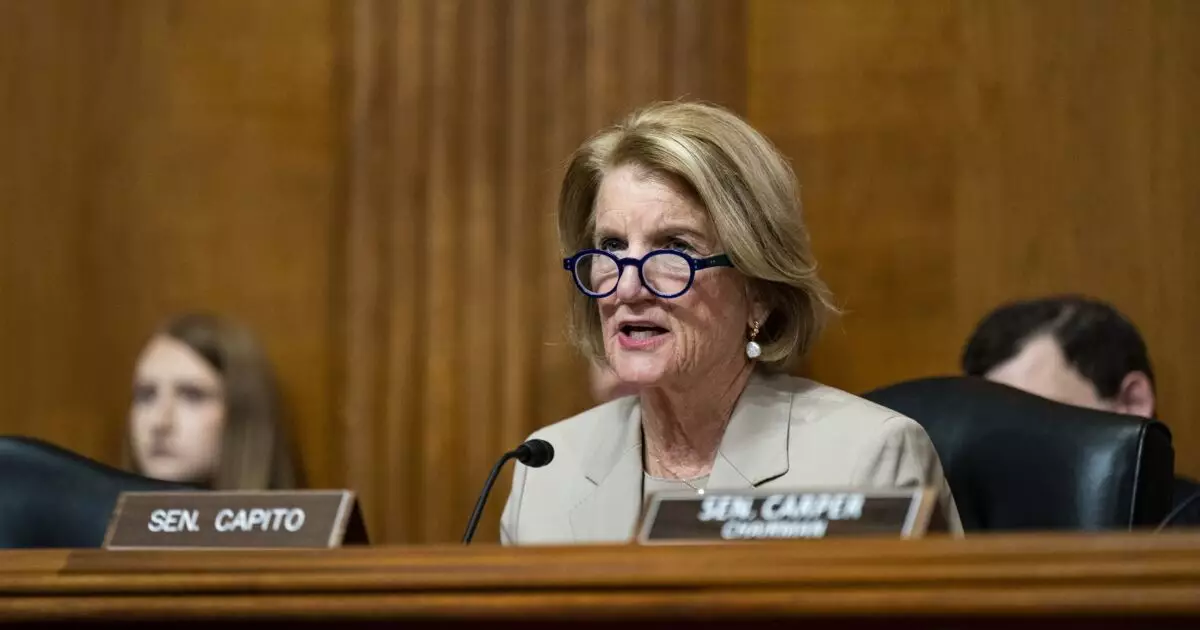The recent passing of the Accelerating Deployment of Versatile, Advanced Nuclear for Clean Energy Act in the U.S. Senate marks a significant milestone in the advancement of nuclear energy technologies. This bipartisan legislation aims to streamline the regulatory process for licensing advanced nuclear reactor technologies and accelerate the deployment of next-generation nuclear projects. With a focus on innovation and investment in nuclear energy, the Act has the potential to reshape the energy landscape in the United States.
Sen. Shelley Moore Capito, R-W.Va., highlighted the benefits of the legislation, emphasizing its potential to foster innovation and investment in nuclear technologies within the country. By directing the Nuclear Regulatory Commission to enhance its regulatory processes and repurpose conventional energy sites for future nuclear projects, the Act sets the stage for a new era of nuclear energy development in the U.S.
Support from Industry Leaders
Industry leaders, such as Maria Korsnick, president and CEO of the Nuclear Energy Institute, have expressed their support for the legislation, citing its importance in modernizing the NRC and facilitating the review of applications for new nuclear deployments. The Act’s provisions for accelerating the licensing process and reducing regulatory costs align with the industry’s goal of advancing nuclear technology in a cost-effective and efficient manner.
The Act coincides with the U.S. Department of Energy’s commitment to funding the initial deployment of light water Small Modular Reactor (SMR) technologies. SMRs offer scalability options and a variety of coolant choices, making them a versatile and efficient solution for clean energy production. With their smaller footprints and modular construction, SMRs have the potential to revolutionize the nuclear power landscape by simplifying the licensing process and reducing capital investment requirements.
As the U.S. aims to achieve net-zero emissions by 2050, the role of nuclear power in clean energy production becomes increasingly significant. The Advance Act not only supports the deployment of advanced reactors but also strengthens the nuclear workforce and promotes the transition from coal to nuclear energy. Projects like the Unit 4 nuclear reactor at Plant Vogtle in Georgia exemplify the potential of nuclear energy in providing sustainable, reliable power generation for the future.
Despite the progress in nuclear energy legislation and technology, challenges remain, as seen in the abandonment of plans to build an SMR at the DOE’s National Laboratory in Idaho Falls. However, with continued support from policymakers, industry leaders, and the public, the advancement of nuclear energy in the U.S. holds promise for creating a cleaner, more sustainable energy future.
The recent legislative developments in nuclear energy represent a significant step towards advancing clean, reliable power generation in the United States. By fostering innovation, streamlining regulatory processes, and supporting the deployment of advanced nuclear technologies, the country is poised to lead the way in transitioning towards a more sustainable energy future.

